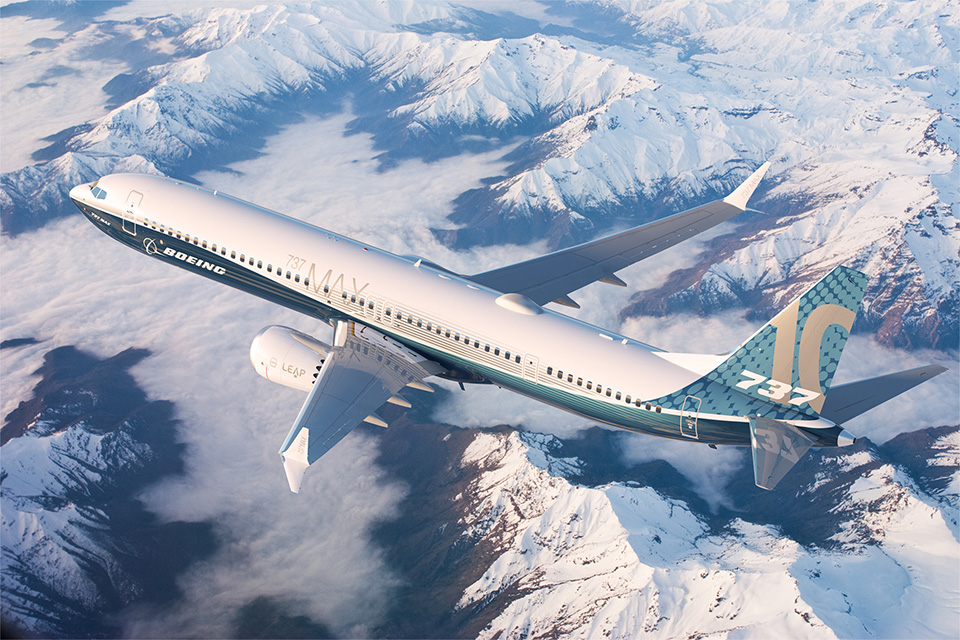

The 737 MAX was an updated version of the 737 workhorse that first began flying in the 1960s. After the second incident, all 737 MAX planes were grounded worldwide. In October 2018 and March 2019, Boeing 737 MAX passenger jets crashed minutes after takeoff these two accidents claimed nearly 350 lives. There is also the need for greater involvement of professional engineering societies in ethics-related activities and for broader focus on moral courage in engineering ethics education. Lessons learned from this case include the need to strengthen the voice of engineers within large organizations. While these and other factors have been the subject of numerous government reports and investigative journalism articles, little to date has been written on the ethical significance of the accidents, in particular the ethical responsibilities of the engineers at Boeing and the FAA involved in designing and certifying the MAX.

Explanations for the crashes include: design flaws within the MAX’s new flight control software system designed to prevent stalls internal pressure to keep pace with Boeing’s chief competitor, Airbus Boeing’s lack of transparency about the new software and the lack of adequate monitoring of Boeing by the FAA, especially during the certification of the MAX and following the first crash.

The crash of two 737 MAX passenger aircraft in late 2018 and early 2019, and subsequent grounding of the entire fleet of 737 MAX jets, turned a global spotlight on Boeing’s practices and culture.


 0 kommentar(er)
0 kommentar(er)
